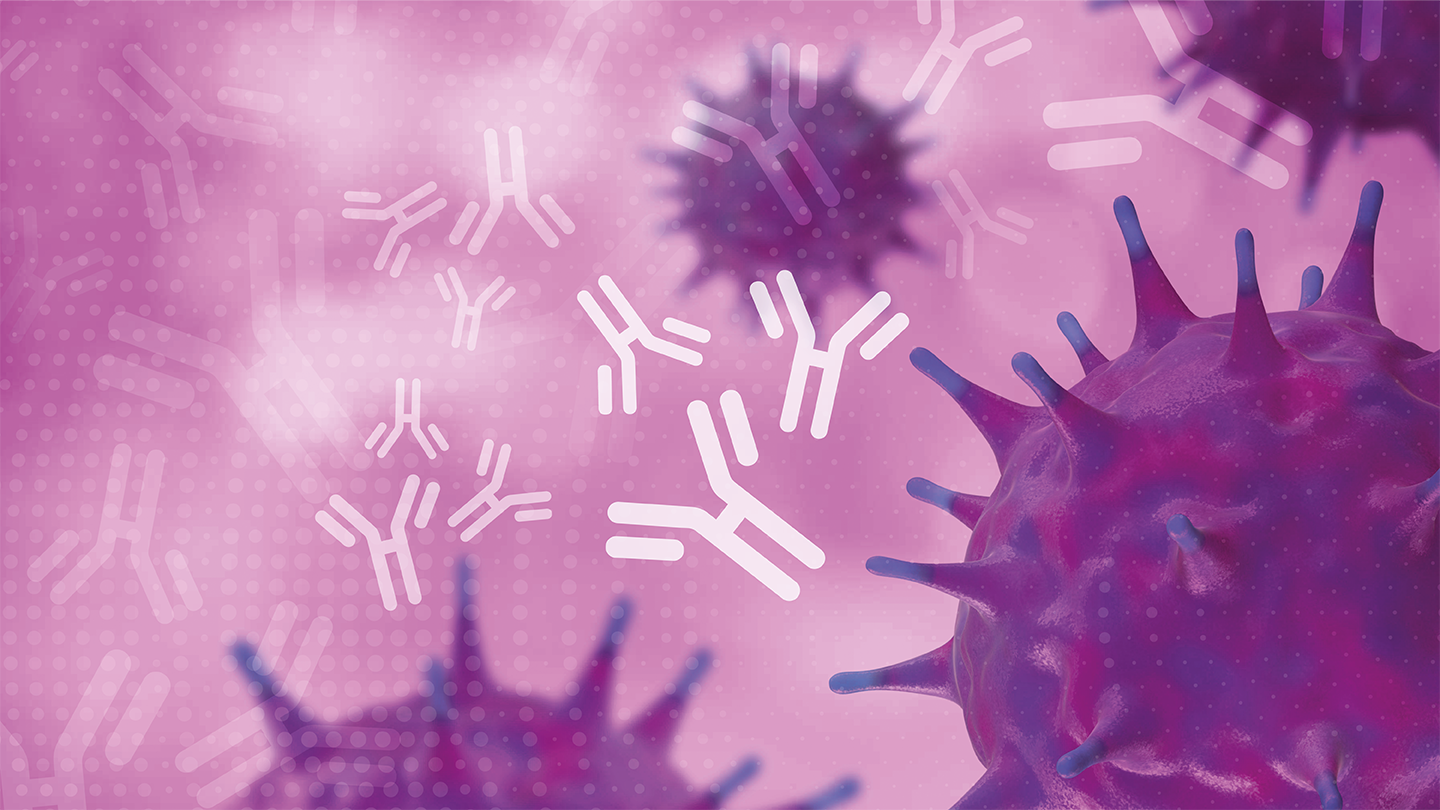The Mosquito’s Best Kept Secret
Researchers uncover a protein that is responsible for keeping disease-carrying mosquitoes healthy
I’m sure we’ve all encountered our fair share of troublesome insects, but given their proficiency in spreading dangerous viral infections, such as malaria and dengue, mosquitoes are public (health) enemy number one.
We have covered several mosquito-related research and treatment developments as of late, but one recent – and particularly promising – breakthrough comes from researchers at the Johns Hopkins Malaria Research Institute (1). The team discovered that Aedes aegypti mosquitoes’ ability to harbor significant viral infections without any negative impact to their health hinges on a specific protein called Argonaute 2 (Ago2). In fact, this protein plays a crucial role in the small interference RNA pathway – an antiviral mechanism that identifies and eliminates viral RNAs.
The absence of Ago2 weakened the mosquitoes’ ability to combat arbovirus infections, which led to increased mortality among the mosquitoes and reduced viral transmission. The study also revealed that Ago2 plays a role in DNA repair and autophagy processes. Ae. aegypti mosquitoes lacking Ago2 suffered from hyperinfections, extensive DNA damage, and the buildup of waste materials in their dying cells.
Instead of making mosquitoes more resistant to viruses, the researchers believe we can engineer mosquitoes to lose their tolerance mechanisms – rendering them more susceptible to viral infections and, subsequently, impairing their capacity to transmit disease.
“Researchers have long wondered why Ae. aegypti mosquitoes don’t get sick when they are infected by these viruses – our findings effectively solve this mystery and suggest a potential new mosquito-based disease control strategy that merits further study,” said senior author George Dimopoulos in a press release (2).
References
S Dong, G Dimopoulos, “Aedes aegypti Argonaute 2 controls arbovirus infection and host mortality,” Nat Commun, 14, 5773 (2023). PMID: 37723154.
Johns Hopkins Bloomberg School of Public Health, “Discovery in Mosquitoes Could Lead to New Strategy Against Dengue Fever and Other Mosquito-Borne Viruses” (2023). Available at: bit.ly/3MG5r5B.





